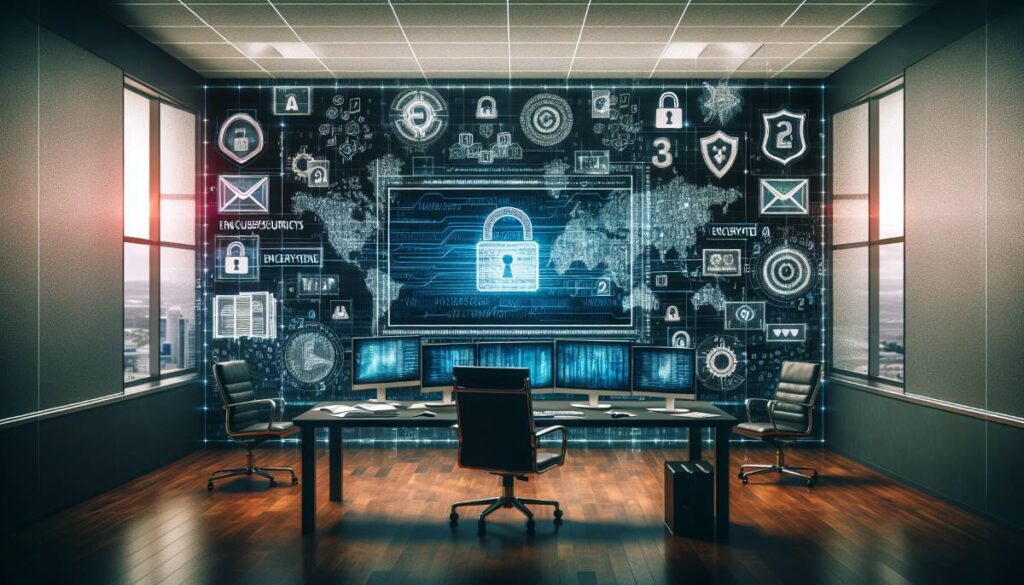Cybersecurity Trends That Impact File Sharing in the Entertainment Sector

With the entertainment sector heavily reliant on digital file sharing, understanding cybersecurity trends is critical. Cyber threats continue to develop, posing risks to sensitive data and intellectual property. Staying informed about these trends can help mitigate potential damages.
In today’s digital age, the entertainment sector is increasingly dependent on seamless and secure file sharing. As cyber threats become more sophisticated, it is essential to keep abreast of current trends in cybersecurity. This knowledge can safeguard sensitive data and maintain the integrity of intellectual property.
Increasing risks of data breaches
The entertainment industry has seen a surge in data breaches over the past few years. High-profile incidents have underscored the importance of robust cybersecurity measures. It is crucial to understand that these breaches not only result in financial losses but also damage reputations and erode trust. To combat this, industry professionals must stay informed about emerging threats and adopt proactive measures. Email large files securely by using encrypted platforms can significantly reduce vulnerability.
Significance of encryption
Encryption has become a crucial tool in safeguarding sensitive information within the entertainment sector. By converting data into unreadable code, encryption ensures that only authorized parties can access it. This is particularly relevant when sharing files that contain proprietary or confidential information. The vital role of encryption in maintaining the confidentiality and security of shared data cannot be overstated. As cyber-attacks become more sophisticated, incorporating encryption into file-sharing practices is a necessity.
Impact of regulatory compliance
Regulatory compliance plays a significant role in shaping cybersecurity practices within the entertainment industry. Laws such as GDPR and CCPA impose stringent requirements on how data should be handled and protected. Non-compliance can lead to hefty fines and legal repercussions, making it essential for businesses to stay updated with regulatory changes. Adhering to these regulations not only helps avoid penalties but also builds consumer trust by demonstrating a commitment to data protection.
The role of employee training
Human error remains one of the most significant vulnerabilities in cybersecurity. Training employees on best practices for file sharing and data protection can significantly reduce risks. Regular workshops and updates on new threats can keep teams vigilant against potential attacks. Encouraging a culture of security awareness ensures that everyone within an organization understands their role in protecting sensitive information. Investing in employee training can thus be one of the most effective ways to strengthen cybersecurity defenses.